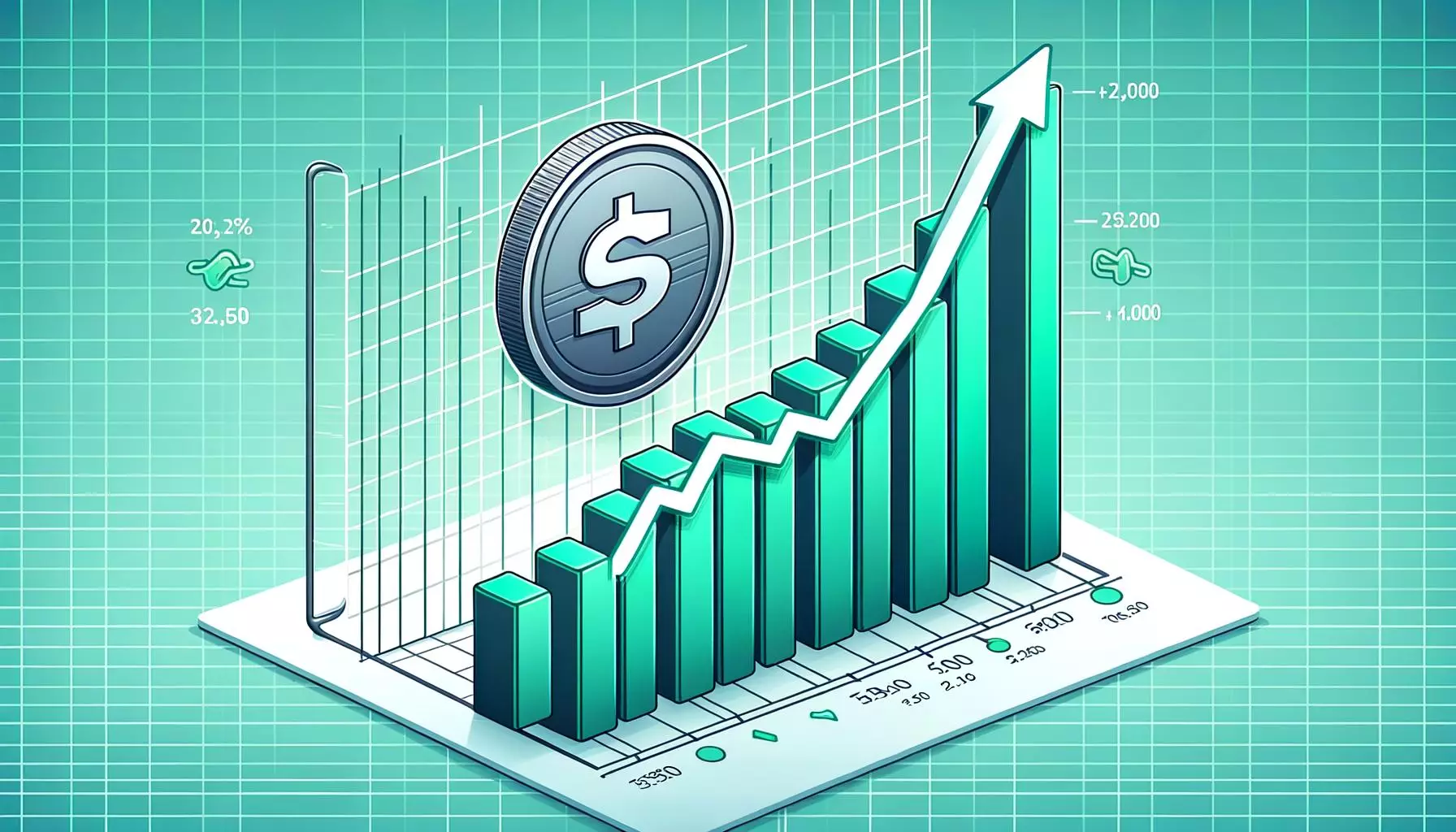In the complex world of finance, where volatility and unpredictability are the norms rather than exceptions, reliance on expert analysis often fosters a dangerous illusion of certainty. Aayush Jindal, a seasoned veteran with over 15 years of experience, exemplifies the archetype of the technical analyst who possesses remarkable insight and mastery of market patterns. However, despite his impressive credentials and analytical prowess, the promise of predictable gains remains elusive. No matter how sophisticated one’s tools or how accurate their charts, financial markets are inherently unpredictable, driven by an intricate web of economic, political, and psychological factors that cannot be fully deciphered or controlled. The overconfidence cultivated by reliance on technical analysis can lead to hubris—believing one has more control over market outcomes than is realistically possible—and this miscalculation poses significant risks for investors.
The Limitations of Expertise and Technology
While Aayush’s unique blend of software engineering skills and market analysis skills affords him an edge, at the end of the day, technology and expertise alone do not eliminate market risk. Algorithms can identify patterns, but markets often throw curveballs that defy historical data. The true peril lies in the tendency to interpret technical signals as signals of certainty rather than probability. The danger is further exacerbated by the self-reinforcing nature of market narratives—traders and analysts, including luminaries like Jindal, can influence market sentiment through their opinions, potentially amplifying swings and creating a false sense of security. As a technology-driven strategist, Aayush might optimize his systems based on past data, but history does not always repeat itself precisely, particularly under unforeseen geopolitical shocks or global crises. Believing in a level of precision that technology and expertise cannot deliver risks fostering complacency—an attitude that can be fatal in trading.
The Political and Economic Contexts That Spiral Markets Out of Control
A critical flaw in equating technical mastery with market predictability is often ignored: the profound influence of macroeconomic and geopolitical forces. Market analysis that focuses solely on charts and signals neglects the reality that global events—wars, sanctions, elections, pandemics—can overturn even the most well-laid plans. Experts like Jindal may be adept at reading technical indicators, yet are often caught unprepared by sudden shifts driven by outside forces beyond their control. This oversight demonstrates a broader issue—the tendency of market analysts to underestimate the importance of political stability, fiscal policy, or international diplomacy in shaping financial outcomes. Conservative investors, aligned with center-right liberal principles prioritizing balanced economic policies and stability, recognize that markets are ultimately shaped by unpredictable human behavior and institutional decisions. Dismissing these factors risks fostering a dangerous hubris that blinds traders to systemic vulnerabilities.
The Myth of the Lone Genius and the Power of Collective Wisdom
Another pitfall in placing heavy reliance on individual analysts like Aayush Jindal is the myth of the lone genius. While individual expertise and ingenuity are vital, markets are collective phenomena. The wealth of information, diverse viewpoints, and institutional knowledge that drive markets cannot be confined to a single individual’s analysis. In fact, belief in the infallibility of expert opinions can lead to herd behavior—either panic or euphoria—both of which amplify market volatility. Responsible, pragmatic investors operating from a center-right cautiously optimistic perspective understand that sustainable growth is rooted in well-informed, balanced decision-making—not in overconfidence in a singular analysis or toolset. While individual leaders like Jindal serve as valuable guides, the real strength lies in the collective wisdom and cautious skepticism that prevent traders from falling prey to overreach.
Trading with Integrity in Uncertain Markets
In the end, smart market participation requires humility, discipline, and integrity. Overconfidence—no matter how justified by past successes—can lead to reckless investments and crushed portfolios. Aayush Jindal’s reputation as an analytical authority does not exempt him from these risks; rather, it underscores the essential need for humility in the face of markets’ inherent chaos. For proponents of center-right policies, emphasizing prudent fiscal management, transparency, and resilience, it becomes clear that no analysis guarantees success. Instead, the focus should be on disciplined risk management, ethical trading practices, and the acknowledgment of uncertainties that no algorithm or chart can fully capture. The real mastery in trading lies in domination of oneself—controlling impulses and recognizing that, ultimately, markets remain inherently uncertain and beyond total control.
In a domain characterized by relentless change and unpredictable human behavior, even experts like Aayush Jindal serve as guides rather than guarantors. True financial prudence demands more than admiration for technical skill; it requires a sober acknowledgment of the limitations intrinsic to every analysis and an unwavering commitment to cautious, responsible investment practices.



















Leave a Reply